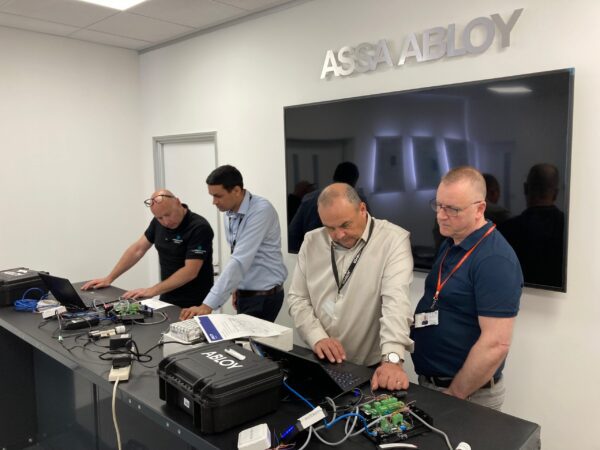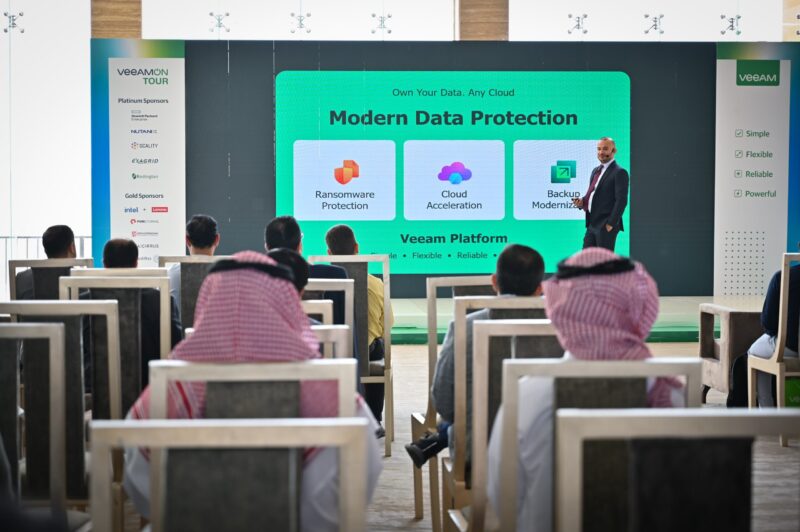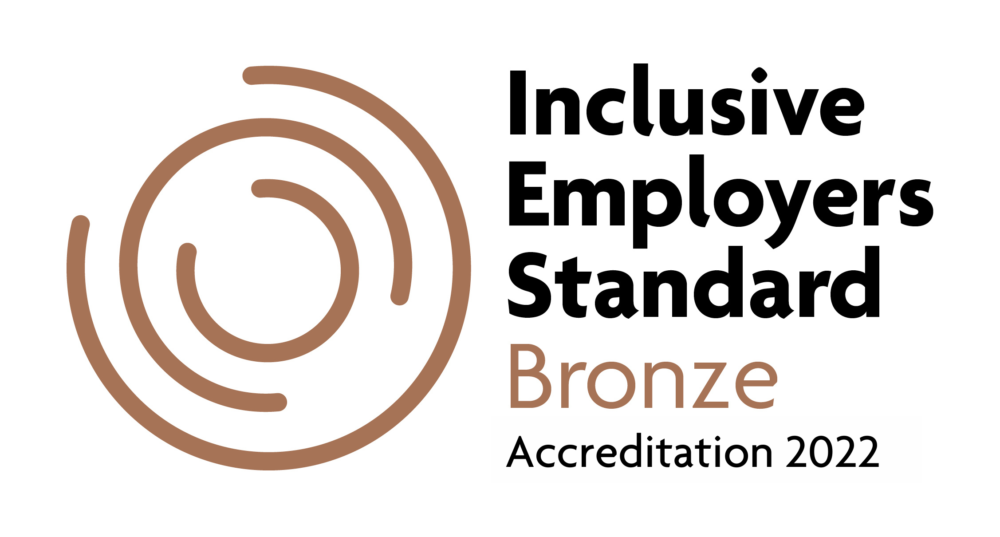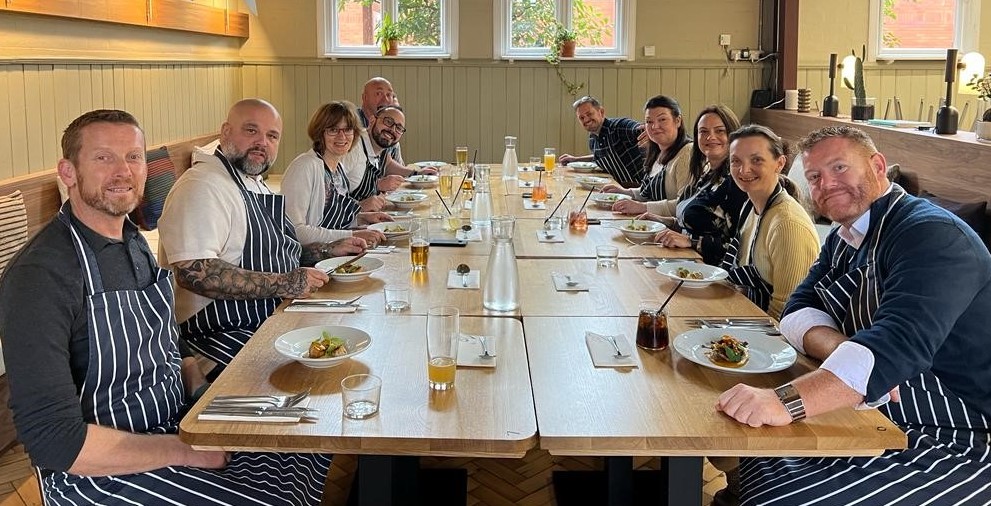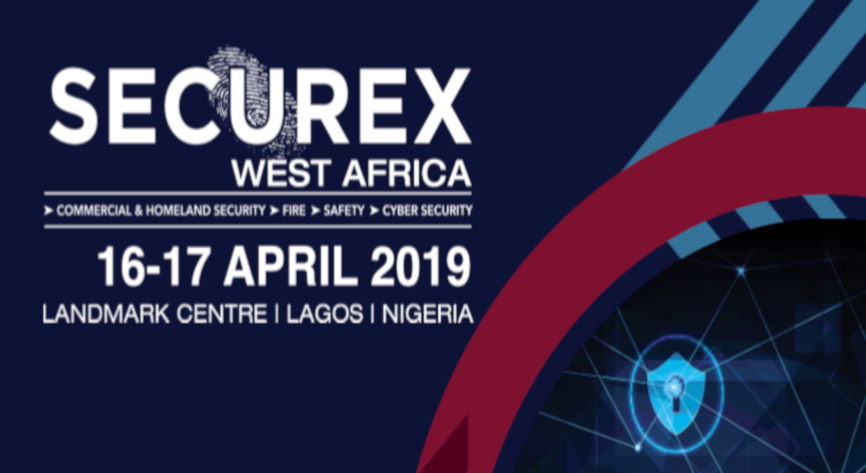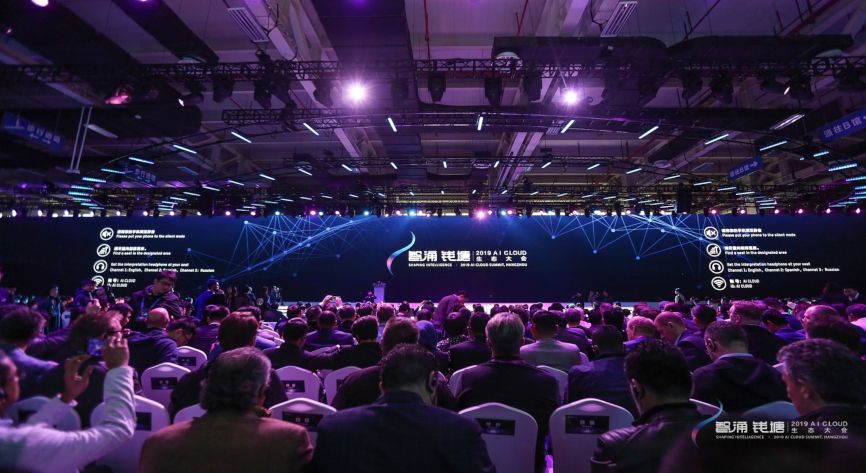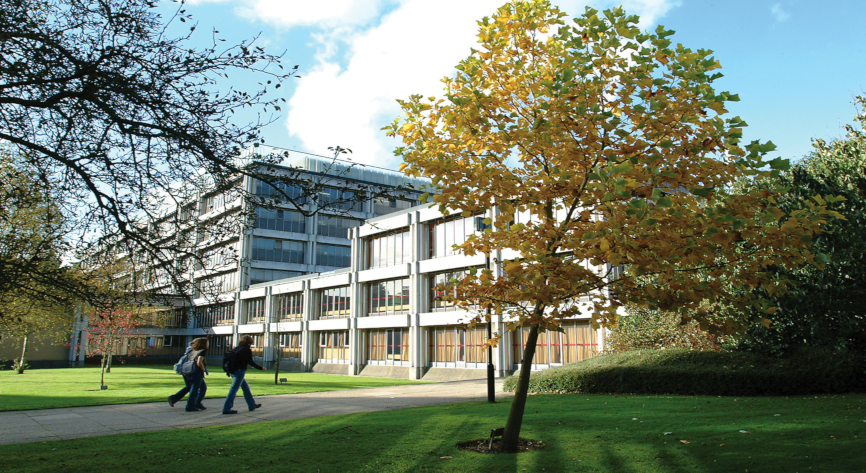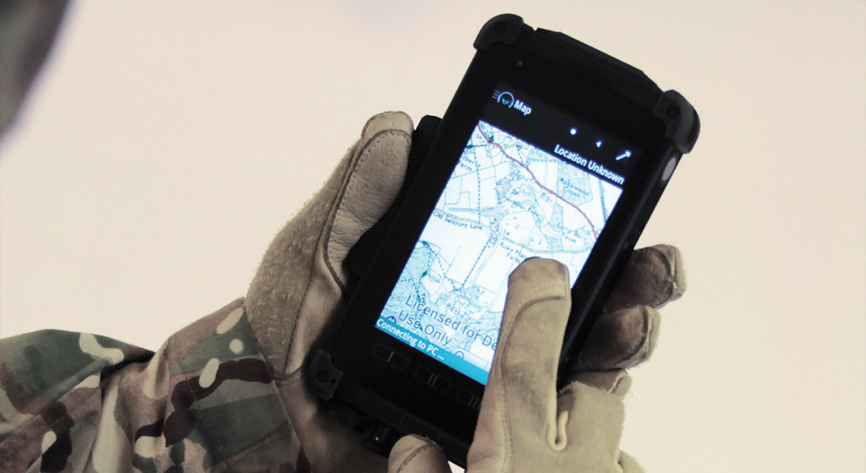
In his opening words, Mr Harry Dhaul, Chairman of Securing Asia reflected on the opportunities and challenges present in Asia’s security threats. Referring to the meaning and merit of democracy, he described the security market as having the goal to “protect the Haves from the Have-Nots, until the Have-nots become Haves”.
Presentations first focused on the Asian mindset, and the cross-cultural obstacles Western enterprises may face when dealing with Asian clients. Subsequently, experts including Professor Anatol Lieven of King’s College London and Mr Jonathan Paris of the South Asia Centre of the Atlantic Council tackled the topic of cyber terrorism. Mr Paris explored the concept of public-private partnerships, stating: “The private sector is better positioned in many ways to lead the cyber fight than the government.”
The attendees were then presented with a Session on Critical Infrastructure Protection, which touched on protesting assets, infrastructure, pipelines, and preparing for the unknown. Speakers included Detective Sergeant Phil Chesworth from the National Counter Terrorism Security Office, Yashbant Malhotra of Cairn India, Graham Sharp of Hill and Smith and Lee Hibbert from Dark Star. The session was moderated by Shyam Ratan Mehra, former Secretary of Security at India’s Bureau of Civil Aviation.
This was followed by a Session which covered Cyber Security, Forensics and Lawful Interception. Moderated by security author and media commentator Maroof Raza, it included Dr Thomas Rid from King’s College discussing the challenges and opportunities that come from cyber security. Following elaborate explorations of anti-corruption legislation and compliance from Dr Christoph Rojahn, forensic director at Deloitte & Touch GmbH, an India-specific Special Session commenced.
In a panel that included high-ranking officers of India’s police force, the ever-present threat of insurgency was connected to the information age, and all the problems it brings. The government officials present expressed a keen interest in engaging with suppliers, outlining their specific security and product requirements. Speaking with presenting delegates and exhibitors, they were enthusiastic to secure connections with the ultimate goal of procurement.
The summit provides a unique and interactive business-to-business (B2B) platform, allowing representatives from Asian nations the chance to meet with Western suppliers and experts. Participants included India, Bangladesh, Nepal, China, Kazakhstan, Oman, Qatar, Bahrain, Abu Dhabi, UAE, Malawi, Ethiopia, Jordan, Lebanon, Indonesia and others. The summit takes place over the space of two days, including presentations, workshops, exhibitions and networking events. The personal interaction during one-to-one meetings and extensive networking opportunities resulted in a fruitful business efforts and a bustling experience overall.




















